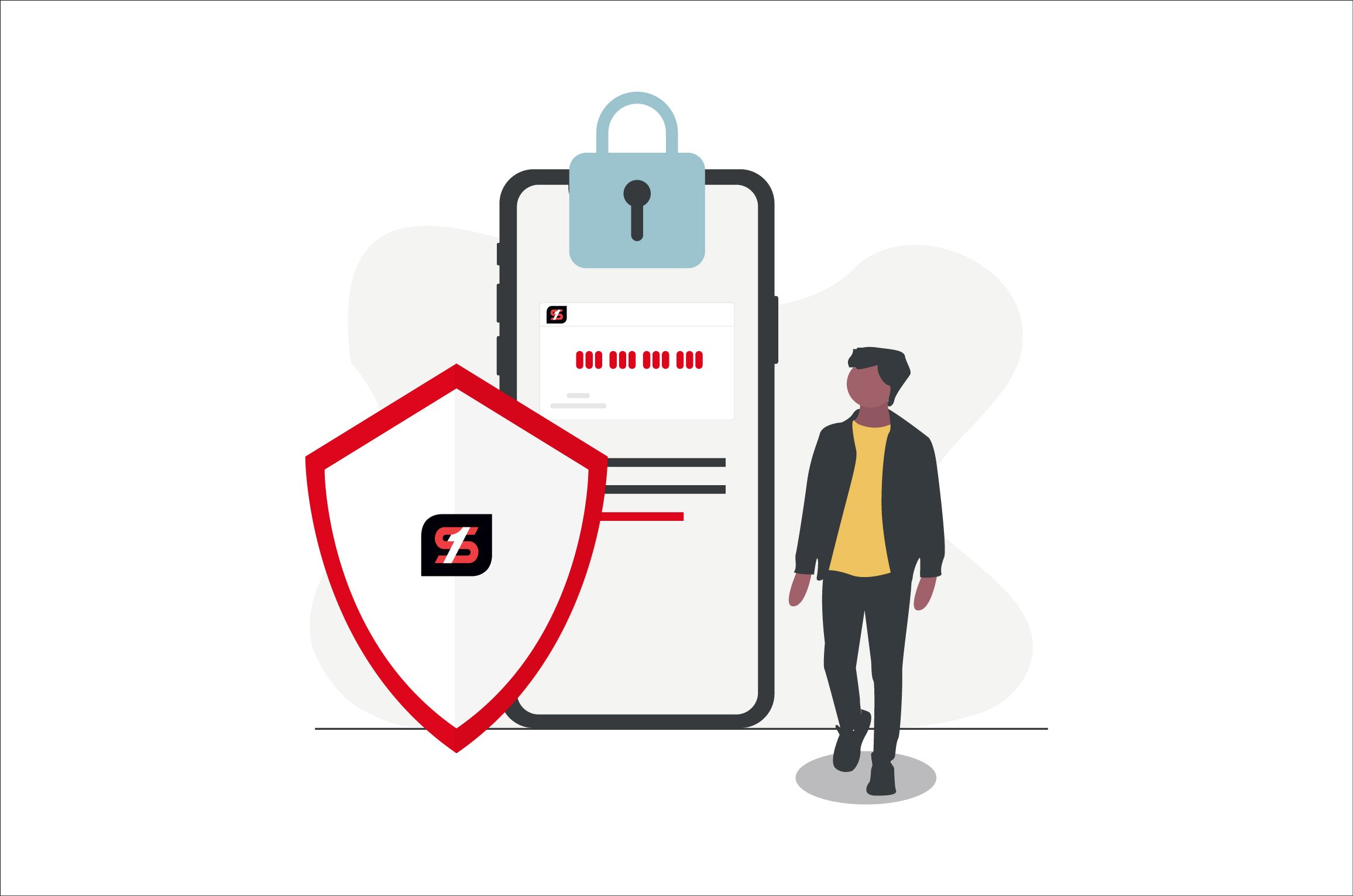Understanding the different types of savings accounts
What is a savings account?
When the time comes to save for something important to you, aside from figuring out how to save, it’s important to know where you are going to put your money. Now, we don’t recommend storing it under your mattress – there are a lot safer ways to do it! We recommend opening a savings account at an FDIC insured financial institution.
Did you know there are several types of savings accounts?
In different phases of life, you may need a different type of savings account, but here are the basics:
- Traditional Savings – A traditional savings account is probably what you think of when you think of a savings account. This account is perfect for someone who is saving for short or long term needs and is looking for a secure, simple option. This type of savings account will generally earn a low amount of interest compared to others.
- Money Market Savings – A money market savings account is the go-getter of savings accounts because it typically has a higher interest rate than traditional savings accounts. By this, we mean that a money market account typically allows you to earn a higher interest rate than other savings accounts. It’s also important to note that a money market account has a little more flexibility than other accounts, meaning you can get a debit card, checks and typically there are less restrictions on how much money you can withdraw. However, a money market savings account typically requires you to have a higher balance and you have to maintain that balance to avoid fees.
- Certificate of Deposit (CD) – Now think of certificate of deposit account like putting your money in a timed lock box. These accounts typically have set terms and you agree to put your money in the account for a set period of time without withdrawing it to earn interest. It’s best for people who won’t need the money for a while. You can withdraw the money early, but that will usually trigger a penalty.
- Health Savings – A health savings account is what it sounds like; it’s a savings account for those planned and unplanned medical expenses that pop up in life. This is a tax-advantaged savings account used to pay, or reimburse, for qualified medical expenses. Health savings accounts are funded with pre-tax contributions and, when used for qualified medical expenses, withdrawals are tax free. These accounts are not subject to the “use-it-or-lose-it” rule which means funds properly contributed but not spent are not lost at year end. You also get to keep the account and the unspent funds you have contributed if you change jobs or retire! These types of accounts do require a high deductible health plan though and, as always, you should consult your tax advisor for tax related advice and opinions.
- Youth Savings – Parents who want to teach their kids about savings should consider a youth savings account. They are designed for kids under 18 years old and eliminate the fees that would come along with other savings accounts. These accounts typically come with low balance requirements and incentives that encourage kids to save, though every account is different.
Let’s review:
When it comes to opening a savings account, you should open one that fits your needs. Thankfully, there are many options to choose from, and you aren’t limited to opening just one. Make sure you understand the details that go along with that account and talk to your banker if you have questions.






